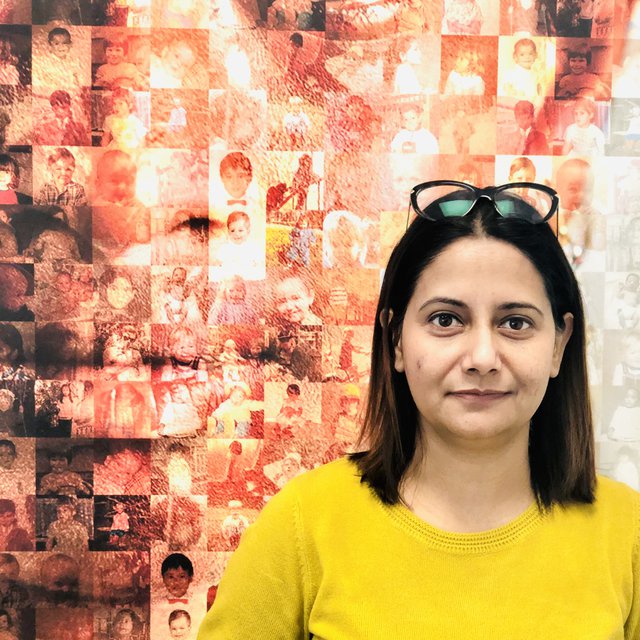Power for Mothers: Maternal health and nutrition for healthy babies
Every year, almost 15% of babies – more than 20 million – are born at a low birthweight, mostly in Southern Asia and sub-Saharan Africa. Being born at a low birthweight threatens a baby’s survival in the first weeks and months, affects his or her brain development, and increases his or her risk of being malnourished and developing non-communicable diseases, such as diabetes, cardiovascular disease and obesity later in life.
Being born at a healthy weight (more than 2.5 kilograms) is a vital indicator of what will follow. The World Health Assembly has set the goal of reducing the number of babies born at low birthweight by 30% by 2025— but little to no progress has been made in recent years.
To change this, we have to prioritise maternal health and nutrition. Pregnancy remains dangerous around the world for a variety of reasons:
- Quality antenatal care is still unavailable in many countries.
- Cultural norms in many communities result in women eating least and last— even during pregnancy.
- More than 90% of the world’s population lives in areas that exceed World Health Organisation guidelines for ambient air quality, and women who breathe toxic air are more likely to give birth to low birthweight babies.
- Women who were born small are more likely to give birth to small babies— and so the vicious intergenerational cycle of malnutrition continues.

A powerful intervention
At CIFF, we are working with partners and governments to accelerate progress. One key evidence-based intervention that can help babies have better outcomes at birth are maternal micronutrient supplements (MMS). Robust research shows that giving women MMS instead of just iron and folic acid— the current WHO standard of care— can significantly reduce the number of babies born at low birthweight and improve their survival. These types of basic prenatal vitamins are readily available and widely taken by women in high-income countries but are not yet available or affordable in many middle- and low-income countries, where the biggest burden of micronutrient deficiencies exist.
We are speaking out this week at Women Deliver because we know it’s time to give power to mothers so they are able to choose what they want for themselves and their babies. There is no reason why pregnant women in low- and middle-income countries should not have access to MMS when women in high-income countries do.
At Women Deliver, we will call for WHO to update its guidelines to reflect the compelling science on MMS. As we wait for WHO to act, CIFF is working with national governments and other partners in high burden countries who are ready to move ahead based on the science.
While WHO guidelines need to be updated to reflect the robust evidence on MMS, countries will struggle to implement new guidelines quickly, as supply chains, staff training, lack of budget and weak distribution systems will impede adoption— and we do not have time to wait. CIFF is calling partners and national governments to act urgently to make this impactful product available to mothers who need it most.

Our work on maternal health and nutrition
Beyond our work on MMS, CIFF is striving to improve maternal health and nutrition by:
- Working with the governments of India, Ethiopia and Bangladesh to deliver a comprehensive antenatal care package to improve birth outcomes.
- Building the evidence on what works for improving birth outcomes – testing impactful interventions through a randomised controlled trial (RCT) in Sierra Leona and consolidating evidence on what works in partnership with Johns Hopkins University.
- Promoting self-care and revamped antenatal care that allows women to be more active and engaged in their pregnancy and able to take simple measures to ensure they gain weight, eat well and look after themselves.
- Increasing urgency on air pollution. Through a large portfolio of investments, CIFF is seeking to support and catalyse greater government and philanthropic action worldwide to ensure we all breathe clean air and improve public health.
Whether a baby is born healthy is a litmus test for whether society cares for the health and wellbeing of women and children. We’re calling on all who care about women’s rights and our children’s future to join us in this mission.

Siobhan Crowley, Executive Director, Child Health and Development
Siobhan is based out of the London office and leads CIFF’s Child Health and Development portfolio.

Sufia Askari, Director, Child Health and Development
Sufia is based in the London office, and leads CIFF’s Born Healthy programmes.